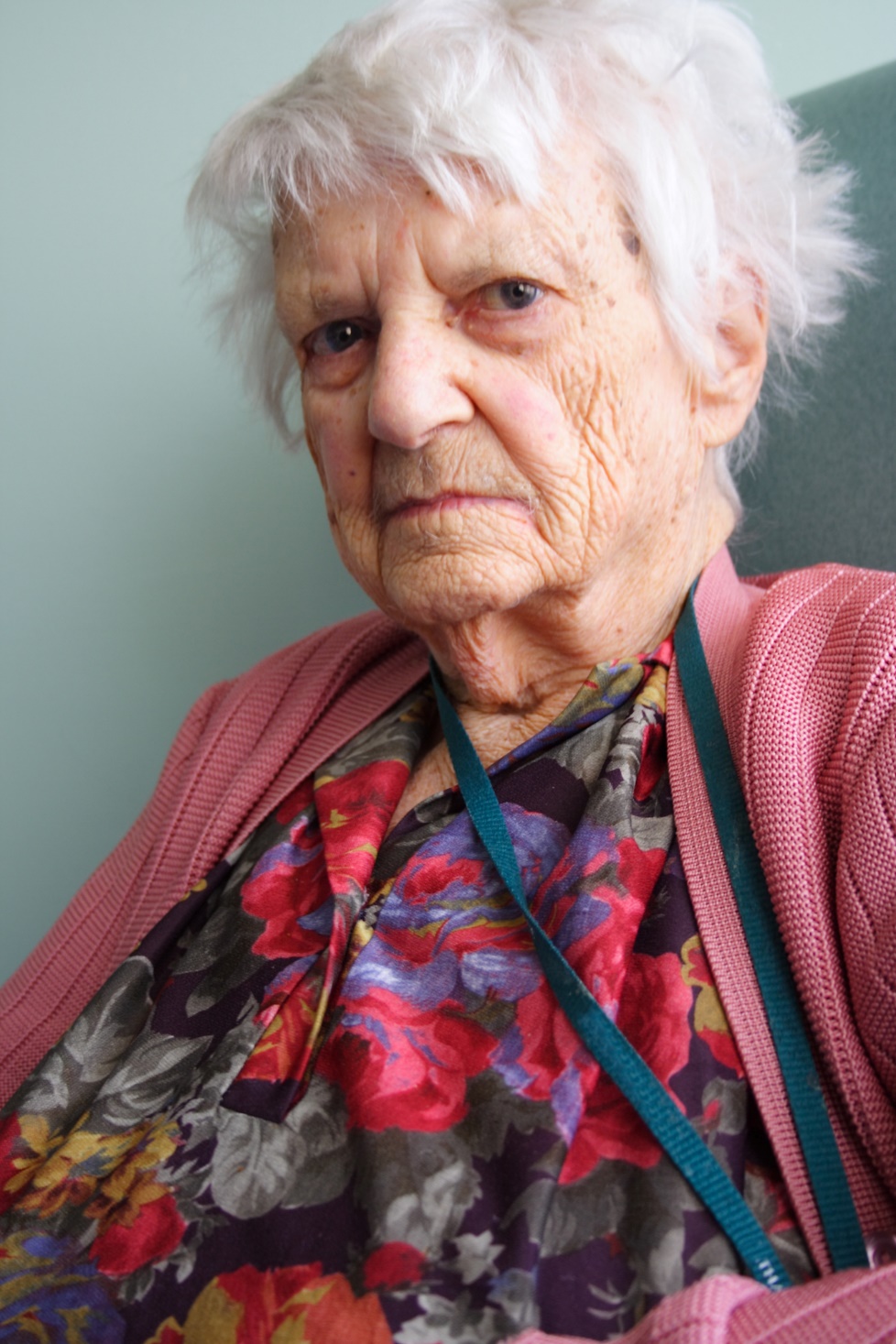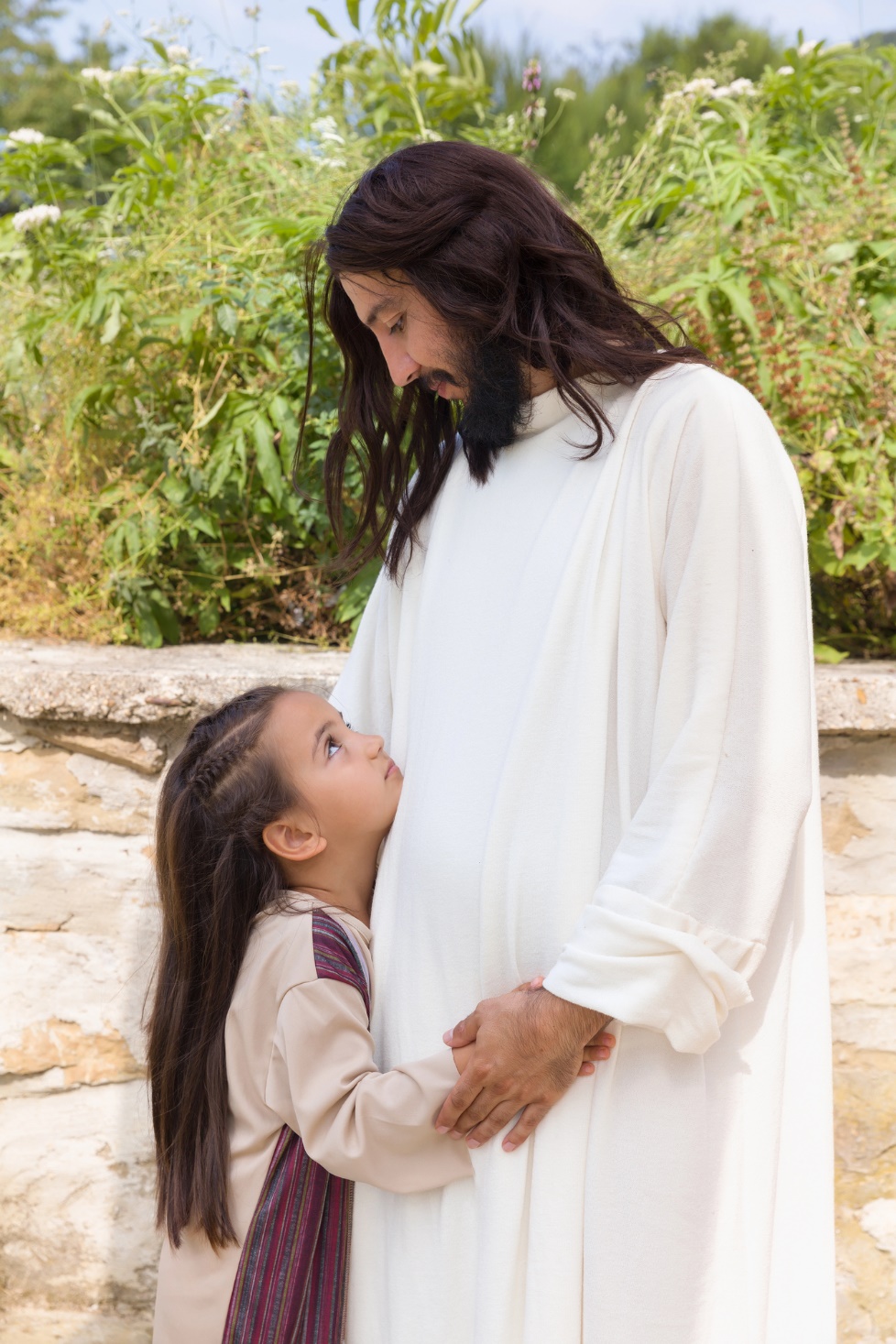BP 239

“Sometimes, the most profound things are expressed in silence” ~ Louise Erdrich
“Words can sting like anything, but silence breaks the heart” ~ Phyllis McGinley
“Silence and isolation are painful things and beyond human endurance” ~ Jules Verne
Silence can be a good thing, right? In silence by ourselves, we can find peace, comfort, clarity, restoration. In silence with others, we can simply look at one another and know what the other is thinking or feeling. No words are needed. This silence can be engorged with intimacy.
Silence can also be a painful experience like when our friends do not reach out to us when we need them. Silence that attends the absence of others can feel profoundly lonely. Maybe our loved ones are not intentionally abandoning us, but they are missing our hearts, not hearing what we are saying between the lines or even directly.
Silence can also be violence. This type of silence occurs when someone emotionally or physically pulls away from you. Their silence is not so much about them fearing what they might say if they allow words to flow over their lips at an emotional moment. This silence is about withdrawal. Withholding. Abandonment. Rejection.
Jules Verne’s words cited above may have been more about the silence that comes with the absence of others, but they are also appropriate for the silence that reigns when someone is present—at least physically.
“Silence and isolation are painful things and beyond human endurance.”
I know I have alluded to it in several past posts, but today I want to explore the dark depths of what some refer to as the silent treatment. The silent treatment happens when someone is physically present but has closed off to you emotionally. Some people may wield silent treatment for minutes at a time while others can practice this crushing habit for weeks at a time—or even longer. Some may be cursed with the ability to do it for a lifetime.
Imagine holding your breath for sixty years.
For those of you who have not experienced the violence of silence, let me describe it a bit.

Everyone carries some emotional or physical wound in their hearts or bodies. Some carry deep and/or repeatedly inflicted wounds that are like pieces of shrapnel embedded in their bodies. Nobody can see these terrible wounds, of course, but they are a cancer living and growing inside these individuals. If they do not seek a physician to locate and remove the shrapnel and to suture the wound sites, they will carry these disastrous wounds—inflicted physically, verbally, sexually, or emotionally–for the rest of their lives.
The wound may not even be because of bad things that happened to the person. It might be because of the good things that didn’t happen.
Those whose shrapnel wounds are infected with the pus of anger, bitterness, and swallowed rage will react far above and beyond the offense if someone touches the wound site today. The offense may be at the level of a 1 or a 2, but the reaction will be at the level of a 10 (or even 11). The reaction may pounce at the other person in the form of a verbal retort, a physical striking out, or . . . in an abandoning silence.
All three are scary. All are violence. All are dangerous.
Why? Often the shrapnel carrying person strikes out as if the present-day person is the one who hurt them years ago. They make them synonymous. They are one. The contemporary person (it can even be a child) who touches the old wound at a 1 level may receive a volcanic reaction at the level the wounded person would direct at the original victimizer.
I had a grandmother who employed all three weapons: verbal shaming, physical attack, and the violence of silence. I did not receive the physical abuse at the level my mother and one of her siblings did, but I certainly was an unwilling participant in the shaming verbal reactions . . . and the infamous, deadly silence.
What felt dangerous about my grandmother’s reactions were that they seemed intent on annihilating the target (often a child). She beat them physically or accosted them verbally or withdrew in a silence that screamed, “You are unworthy of my presence. You have hurt me so badly that I cannot remain in your presence. You are an inanimate object that I will not even turn my eyes to gaze upon. You deserve hell. You do not exist for me. You are nothing!”
My grandmother’s most classis response when we touched one of her shrapnel wounds was to strike out verbally and physically, then walk away and turn to stone. She would sit on her throne (a green rocking chair) and assume the granite face of a goddess. Her whole body became like a statue. Her Bible was open on her lap, her eyes were staring straight ahead. She was impermeable. Impenetrable. So near but so far away. She was divine and we were hell’s denizens.

Yes, the worst of it was that when we finally dared to approach the throne of the enraged divinity, she rebuffed our attempts at reconciliation. In fear and shame, we were willing to bow down before her feet and plead for forgiveness, to verbally self-flagellate, to cry and admit that we were terrible children who did not deserve her love, but she remained silent and cold. She was a rock that crushed our hearts with her eternal stare that never looked our direction. She stared into some abyss where we deserved to be exiled forever.
I still remember as if it happened yesterday the one occasion when I dared to address the deity without words of self-remonstrance. I asked her, “Grandmother, why can’t you forgive?” I was shocked when she eventually looked at me. Yes, she actually acknowledged my existence! Tears were pooling in her eyes. A silver stream eventually rolled down her cheek. I was witnessing a miracle!
But as quickly as her heart opened, it closed again. I never saw the vulnerable inside of her heart ever again. I never saw her tears after that day. She was a stone castle with no drawbridge. No one was ever able to get close to her. I may have been the only person in her lifetime (after she turned from a child into a goddess) who saw her heart—and that for only a fleeting moment. How tragic. How lonely. How protected she was even against love!
I’m not sure if my grandmother’s intent was to annihilate us or if she was simply protecting herself against anyone who touched the wounds inflicted by her granite-faced mother and her father who abandoned her when she was young. I believe it was the latter. But the results were probably about the same as if she had intended to viciously destroy those around her.
Jesus once spoke some words that I think can be applied to the violence of silence, to the crushing annihilation committed by the stone heart: “You have heard that it was said to those of old, ‘You shall not murder; and whoever murders will be liable to judgment.’ But I say to you that everyone who is angry with his brother will be liable to judgment; whoever insults his brother will be liable to the council; and whoever says, ‘You fool!’ will be liable to the hell of fire” Matthew 5:21,22.
I honestly don’t know if my grandmother is in heaven or hell. She went to church and read her Bible and smiled at people outside the house. Most never saw beyond her mask. But she murdered people who touched her old wounds from childhood. Once again, maybe her violence was designed to protect herself at all costs. Maybe she didn’t mean to kill anyone. But she did.
It is possible that some of my family members won’t be in heaven because they walked away from God because of her dangerous divinity that was terrible to those who lived with her behind closed doors.
My grandmother died of cancer. It was painful for her. I remember sitting by her bedside in the hospital and watching (with some terror) as she grabbed the bed railing and pulled herself to a sitting position. Her head, bald from chemotherapy, made her look macabre. Her vacuous eyes stared straight ahead. She never looked at me. She just stared out into that old abyss I mentioned earlier. I pray that she confessed her sins against people during those last moments of her life. I pray that she sought forgiveness from Jesus.
She certainly didn’t confess her sins to her loved ones.

When I think of my grandmother, I think of a coin. On one side of the coin, I pity my grandmother on her stone throne because I know her young life was damaging and lonely and rejecting and shaming. I wish I could meet her today and hug her and whisper into her ear that she is safe with me and that I will never leave her silence like her parents must have done to her.
On the other side of the coin, I know that she—like all of us–is responsible for her choices. Even when we have been abused physically, sexually, verbally, silently, we are ultimately responsible for how we choose to cope. We can move toward God and others, against them, or away from them. If we don’t move toward, we are choosing not to grow but to remain alone inside our minds and hearts, separated from God and others.
I guess the point in this post is to heal your shrapnel wounds and the sinful coping skills that will result from how you deal with or don’t deal with the sin of others against you. If you don’t heal them, they will undoubtedly impact all your relationships—even with your children. Maybe especially with your children. You could react to every level 1 wound today as if it was The Wound inflicted on you when you were three, or six, or ten, or thirteen, or seventeen.
The Wound may have been a single traumatic event or a pattern in your family culture that crushed your heart or taught you to withdraw because you would never be heard or caused you to swallow bitterness because any push back on your part would be met with rage or annihilating silence.
Silence can kill others because it tells them that they are the bad one who is responsible for your hurt. It communicates to them that you must be separated from them, the evil ones who wounded you. This territory is almost hell itself. For what is hell? Separation. Isolation. Aloneness.

Don’t push others into hell while you protect your own heart. Don’t isolate yourself in a self-created hell originally designed to protect yourself but which in the end becomes your coffin a la C.S. Lewis. Remember, the journey to the coffin begins when you are young, when you hardly know what you are doing.
I pray that my grandmother’s heart was not as hard as her face whenever she morphed into the enthroned goddess. I pray the same for you. A soft heart is life. A teachable heart is hope. A heart that is approachable is love. A heart that can ask forgiveness of God and others is a heart that will not be alone. It will not be in hell. It will be in heaven forever with others.
Always move toward, child, never away. Don’t protect your heart in a shroud of silence. Whimper, cry, speak, shout out for help. Never choose the self-protection of death—the garment of exile from God and the human race.
“If you want to make sure of keeping it [your heart] intact you must give it to no one, not even an animal. Wrap it carefully round with hobbies and little luxuries; avoid all entanglements. Lock it up safe in the casket or coffin of your selfishness. But in that casket, safe, dark, motionless, airless, it will change. It will not be broken; it will become unbreakable, impenetrable, irredeemable. To love is to be vulnerable” ~ C.S. Lewis, The Four Loves
“For this people’s heart has grown dull,
and with their ears they can barely hear,
and their eyes they have closed,
lest they should see with their eyes
and hear with their ears
and understand with their heart
and turn, and I would heal them’” ~ Matthew 13:15
“Now this I say and testify in the Lord, that you must no longer walk as the Gentiles do, in the futility of their minds. They are darkened in their understanding, alienated from the life of God because of the ignorance that is in them, due to their hardness of heart” ~ Ephesians 4:17-18
“Then children were brought to him that he might lay his hands on them and pray. The disciples rebuked the people, but Jesus said, ‘Let the little children come to me and do not hinder them, for to such belongs the kingdom of heaven’” ~ Matthew 19:13-14

